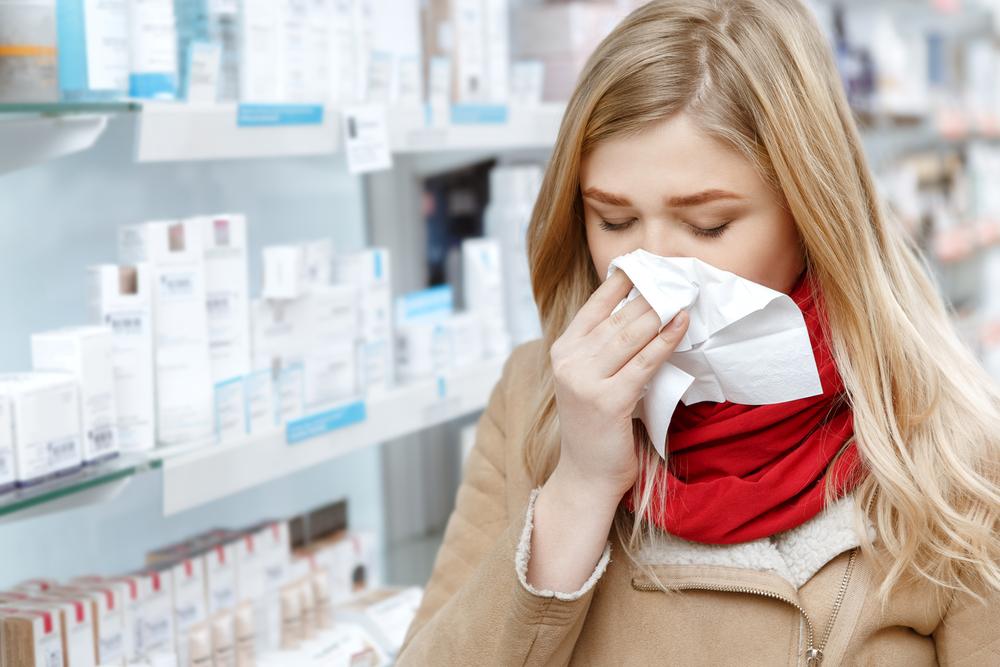Combatting Allergic Sore Throat: Essential Insights and Remedies
This article explores causes and effective treatments for sore throats caused by allergies. It highlights common allergens, symptoms, preventive measures, medications, and natural remedies. Recognizing allergy-induced sore throats is vital for targeted relief, preventing complications, and improving comfort. Consulting an allergist for proper diagnosis and avoiding triggers are key. Simple home remedies like hydration, warm drinks, and nasal rinses can ease symptoms, but understanding and management are essential for lasting relief.
Sponsored

Understanding and Managing Allergic Sore Throat
A sore throat is among the most prevalent health concerns affecting many individuals. Often mistaken for a common cold, persistent sore throats that don't improve with standard remedies might be caused by allergies. These allergy-related throat symptoms can linger for weeks, as typical cold medications may not address the root cause. Allergies triggered by airborne substances like pollen, dust, pet dander, or mold can lead to inflammation and irritation, resulting in a sore throat that requires targeted treatment.
When allergens such as pollen or dust particles enter your respiratory system, they can cause an allergic reaction that results in a sore throat. This condition often involves postnasal drip, where mucus from the sinuses drips down the throat, causing irritation and discomfort. This drip may also lead to coughing, excessive swallowing, and a persistent scratchy feeling in your throat.
Seasonal allergies, like pollen during spring, are common triggers, but allergens such as cigarette smoke, dust mites, mold, and pet dander can cause symptoms year-round. Exposure to these allergens often results in cold-like symptoms, including congestion, sneezing, itchy eyes, and sore throat. If a sore throat is accompanied by fever or body aches, it's likely due to a viral infection rather than allergies.
Preventative measures for allergy-induced sore throat include avoiding irritants, limiting exposure to smoke and pet dander, and keeping windows closed during high pollen seasons. Wearing masks outdoors and maintaining a clean environment can also reduce allergen contact. Treatment options involve antihistamines such as loratadine or cetirizine to mitigate allergic responses and nasal sprays to relieve congestion. Consulting an allergist for tests like skin pricks or blood work helps identify specific triggers and determine if immunotherapy is suitable.
Natural remedies can provide relief from allergy-related sore throats. Staying hydrated keeps the throat moist and helps thin mucus, reducing irritation. Warm teas or broths soothe soreness, while saline nasal rinses, like neti pots, can help clear nasal passages—though overuse should be avoided. Avoid caffeine, as it may aggravate throat discomfort. Ultimately, avoiding known allergens and consulting healthcare professionals are crucial steps to prevent complications like sinus infections or prolonged discomfort.






